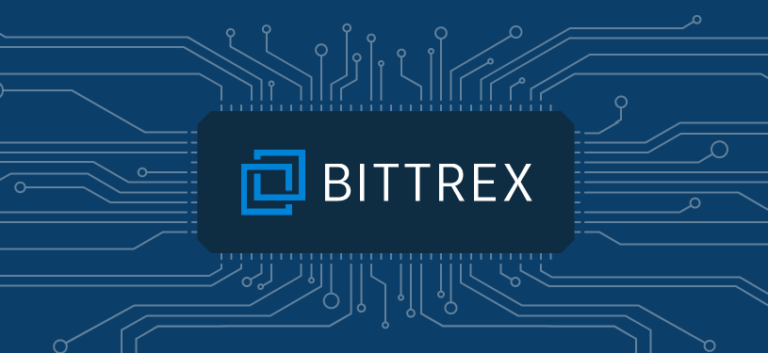Cryptocurrency exchange Bittrex announced this week that it will be blocking access to 32 different cryptoassets, but only for traders in the US.
Bittrex is one of the largest crypto exchanges in the world, and allows its users to access over 200 different cryptoassets, but options are about to become a bit more limited this month for traders in the US. The company told its customers in an email last week that the new measure will go into effect on June 21.
Luckily, Bittrex is making the process as painless as possible for people who are invested in the delisted assets. They are even giving customers the option to store their coins on a Bittrex wallet after they are taken off the exchange.
The exchange said in a blog post that:
U.S. Customers may withdraw or continue to hold in their Bittrex wallet affected Tokens/Coins for as long as Bittrex International supports a market in those Tokens/Coins
The full list of delisted currencies is as follows:
ADT, CMCT, GO, MFT, QRL, XEL, AMP, DNT, GTO, MOBI, QTUM, XNK, BAY, DTA, HYDRO, NLC2, RFR, BCPT, ENG, IHT, NMR, STORJ, BLOCK, FCT, ION, PRO, STORM, BOXX, FLDC, LBA, PTOY, SWT
Most notable of these currencies are QTUM, STORJ, STORM, ENG, MFT and FCT.
Regulatory Concerns in the US
Exchanges are becoming increasingly careful about the business that they do with clients in the US, as the regulatory landscape in the country is still unclear and potentially dangerous for crypto related businesses.
The crypto exchange Poloniex recently moved to geofence 9 cryptoassets from US clients, however, the coins chosen by Poloniex are curiously an entirely different group than those chosen by Bittrex last week. The assets that were blocked by Poloniex include ARDR, BCN, DCR, GAME, GAS, LSK, NXT, OMNI, and REP.
Earlier this month, CryptoGlobe reported that Binance DEX will begin blocking users from the United States and 28 other countries in July of this year. Tech-savvy crypto enthusiasts will be able to bypass these restrictions by using a Virtual Private Network (VPN) or other privacy tools, but the average trader would likely not be willing or able to take these kinds of measures.









